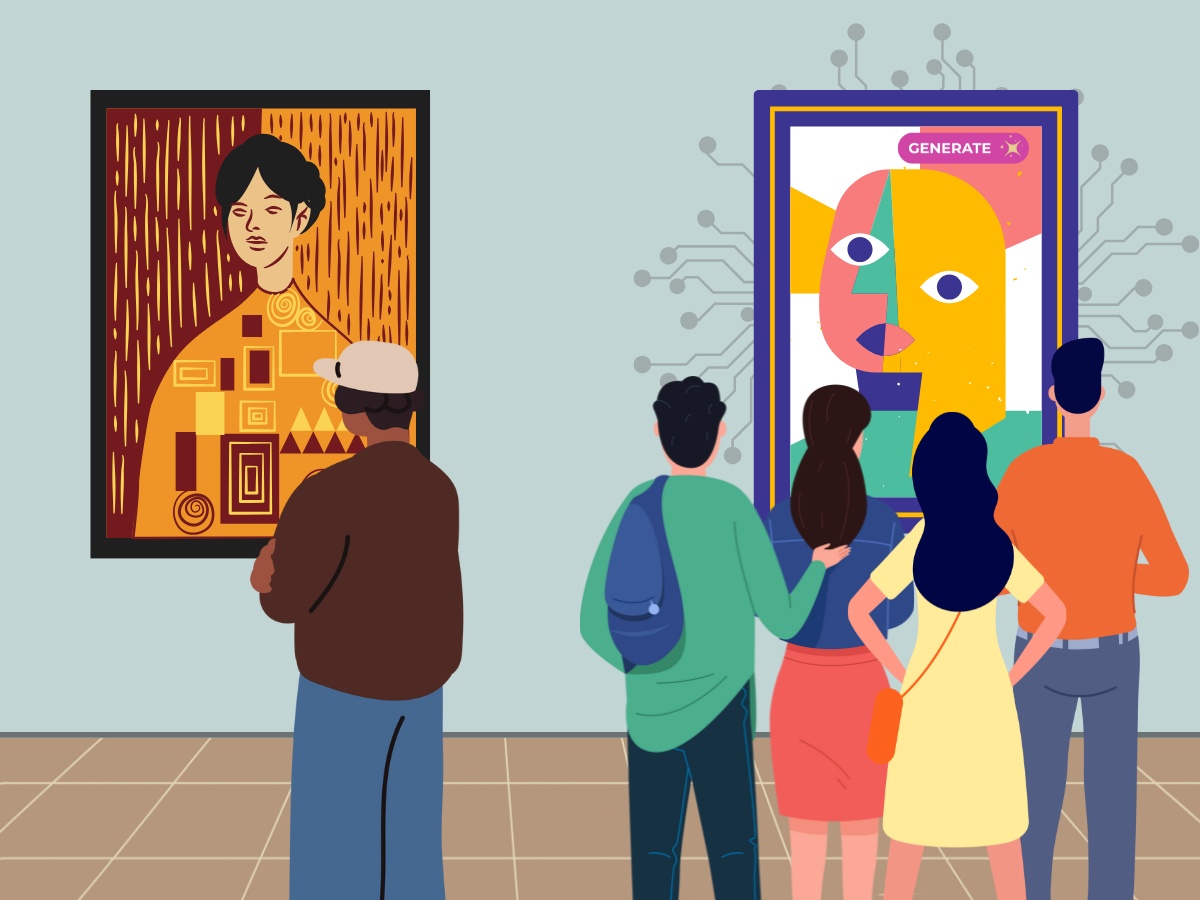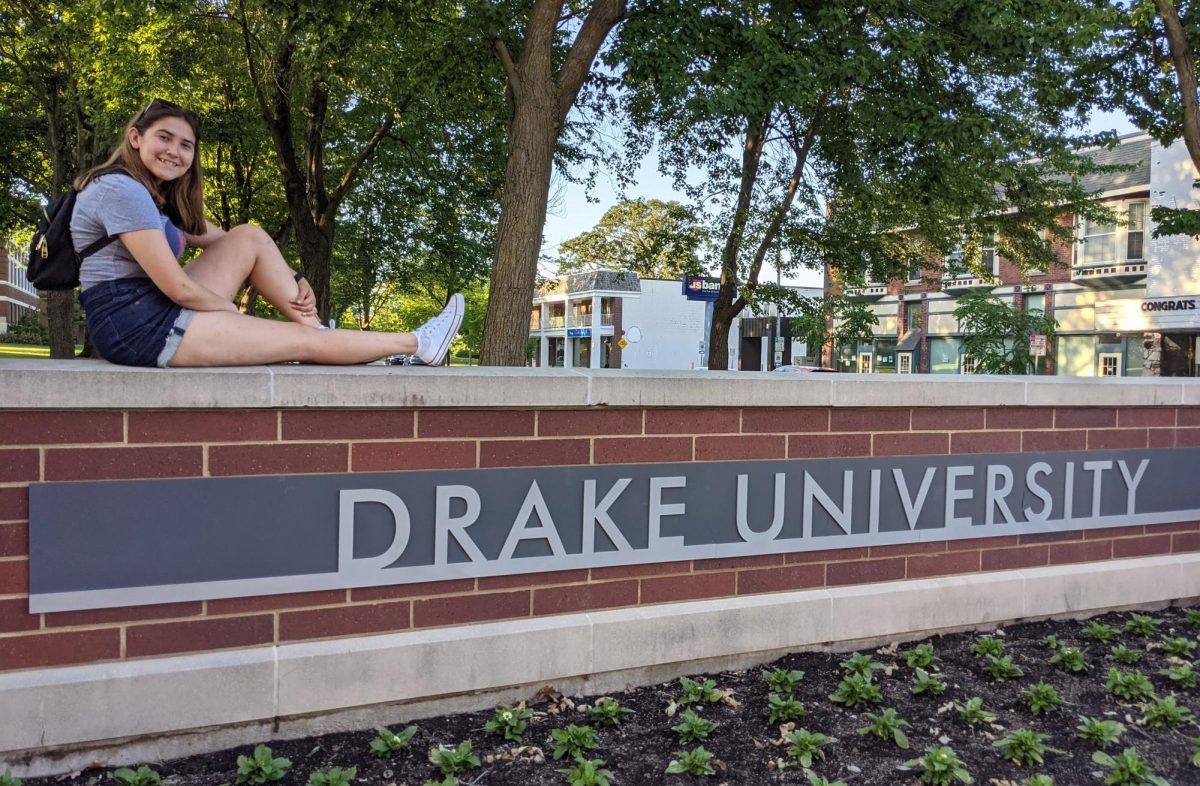A few weeks ago, the Des Moines City Council chose stigmatization over compassion. Under a new ordinance, city residents experiencing homelessness will now face fines for camping on public property, among other discriminatory measures.
Before I argue further, I’ll note that I volunteer with Des Moines residents experiencing homelessness about three days each week. While volunteering, I’ve heard this population describe their day-to-day struggles, but my window of observation still only represents a fraction of their experiences. I’ll never forget what a 72-year-old gentleman told me during one of my shifts: “Nobody in their right mind would choose to be homeless.” Indeed, both the shelters and the streets are no place for human beings.
According to data from Homeward, a local homelessness advocacy nonprofit, 715 people were experiencing homelessness in Polk County in January, but the last few months of warmer weather mean that number has likely risen.
Council members who supported the ordinance (in other words, every member other than Ward 3 Councilmember Josh Mandelbaum and At-Large Councilman Mike Simonson) argued it would encourage Des Moines residents experiencing homelessness to take advantage of existing shelter services. Though possibly well-intentioned, their arguments ignore reality: Des Moines’ shelters are already overcrowded and understaffed.
One man I’ve volunteered with shared stories of shelter staff mistreating guests, and many others have reported having their belongings stolen. In January, Central Iowa Shelter & Services provided shelter twice to 304 Iowans – over twice its max capacity, and a Des Moines Register investigation found that shelter conditions reminded multiple Iowans of being in prison. Why should people use shelters that, at best, will shove them into crowded rooms and, at worst, mistreat them and their belongings?
Notably, Des Moines made no attempt to increase available shelter capacity before passing the ordinance, and the nearest plans to improve this figure are years out. Rather than solving the root of the problems — unaffordable housing and poor shelter conditions — this ordinance targets people already experiencing some of the worst living conditions in the country.
The ordinance forces those caught sleeping on public property to shoulder a $15 fine. For many Des Moines residents experiencing homelessness, $15 can mean the difference between being sheltered and unsheltered. (Bethel Mission, a shelter about five minutes from Drake, charges guests $5 per night after their 50th night.) Other times, $15 determines whether an unsheltered individual is fed, properly clothed for weather conditions or otherwise able to meet the wants and needs of a dignified human being. Under this ordinance, Des Moines residents are criminalized for trying to meet these needs.
The penalties enshrined in the ordinance will not only harm these residents directly; they also promote discrimination against an already stigmatized population. Unfortunately, Des Moines residents experiencing homelessness aren’t the only people at risk; following a U.S. Supreme Court decision permitting cities to regulate illegal camps, numerous cities have proposed ordinances similar to Des Moines’.
It’s important to note that the ordinance is the devil’s spawn of a well-meaning set of directives to improve access to shelters. Even at their best, however, these directives will provide too little, too late. More importantly, though, these directives fail to address the root causes of homelessness, including the lack of affordable housing and accessible transitional housing programs; America’s individualistic, pull-oneself-up-by-one’s-bootstraps culture; and prioritizing profit over people.
Des Moines’s city council could have chosen to set an example of compassionate, effective solutions for homelessness. Instead, they’ve chosen to permit the violation of human rights and encourage stigmatization.









Beccca • Oct 8, 2024 at 11:51 pm
I also agree they arent doing anything to help the homeless get into housing you have people who have a fixed income that cant afford to live on what they have instead they are building new hotels,town houses,ect places that arent needed and places that a majority cant afford its sad to be honest because a majority didnt choose to become homeless some like it which i honestly dont know why bc its a hard struggle an experience they shouldnt have to go through because the city of des moines has shown that they dont care and they arent doing anything to make these individuals feel like their lifes and well being doesnt matter they are not making life affordable for them instead they are making their lifes harder and their mental health becomes worse how is this helping any of them (us) because im one of them and its not a life a manority chose we need help we want to know that theres a system working to help us instead of against us its hard when you feel like this city doesnt care if your homeless or not because they are not doing anything to help get us them off the streets and into affordable housing that we can afford and live comfortable they can spend milllions of dollars on things that is not needed now i see why its not on the list anymore as a place to raise a family because it most deffiently isnt and this is why
Mark • Oct 2, 2024 at 3:11 pm
I agree I live on the east side and have more than once fed a person in need they always say thanks they are around my house constantly and after 8 years I can honestly say they have stolen nothing I think the city has better things to worry about than making someone who is down and out miserable